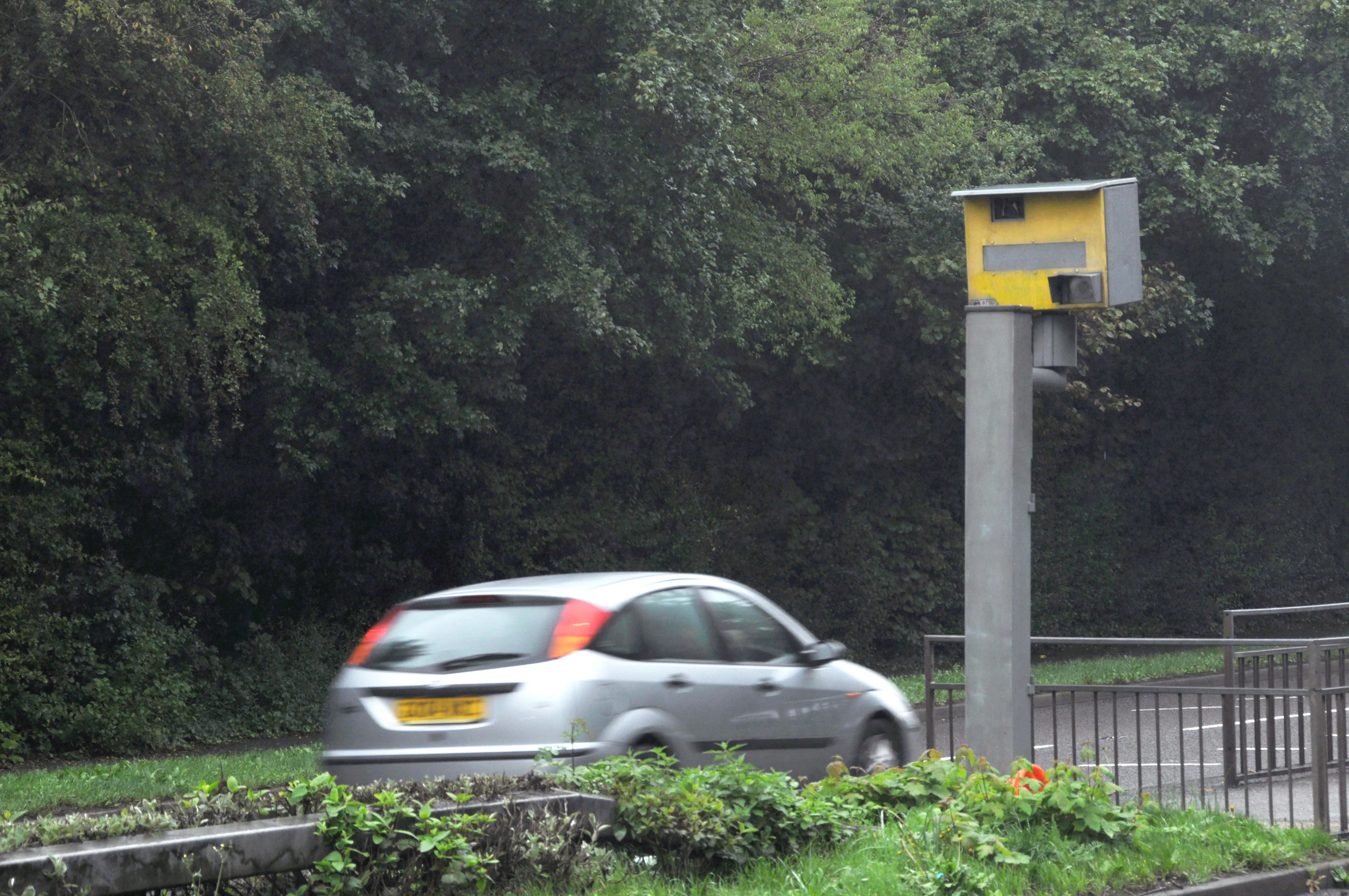A handful of British-registered performance cars proved something of a handful for the French police recently. The five cars, including two Porsches and a Lamborghini, rocketed past an off-duty officer travelling in his own vehicle along a stretch of autoroute close to the Spanish border. Because of the high speeds involved, the French police opted to use a helicopter operating out of its base in Bayonne to track the cars. The drivers did spot the helicopter tailing them and then slowed down but were still
July 1, 2015
Read time: 1 min
A handful of British-registered performance cars proved something of a handful for the French police recently. The five cars, including two Porsches and a Lamborghini, rocketed past an off-duty officer travelling in his own vehicle along a stretch of autoroute close to the Spanish border. Because of the high speeds involved, the French police opted to use a helicopter operating out of its base in Bayonne to track the cars. The drivers did spot the helicopter tailing them and then slowed down but were still booked for speeding when they halted to pay their tolls at the next booth. The French police were less than impressed and imposed large on-the-spot fines, although they had not been able to determine the exact speed of the vehicles from the air.









